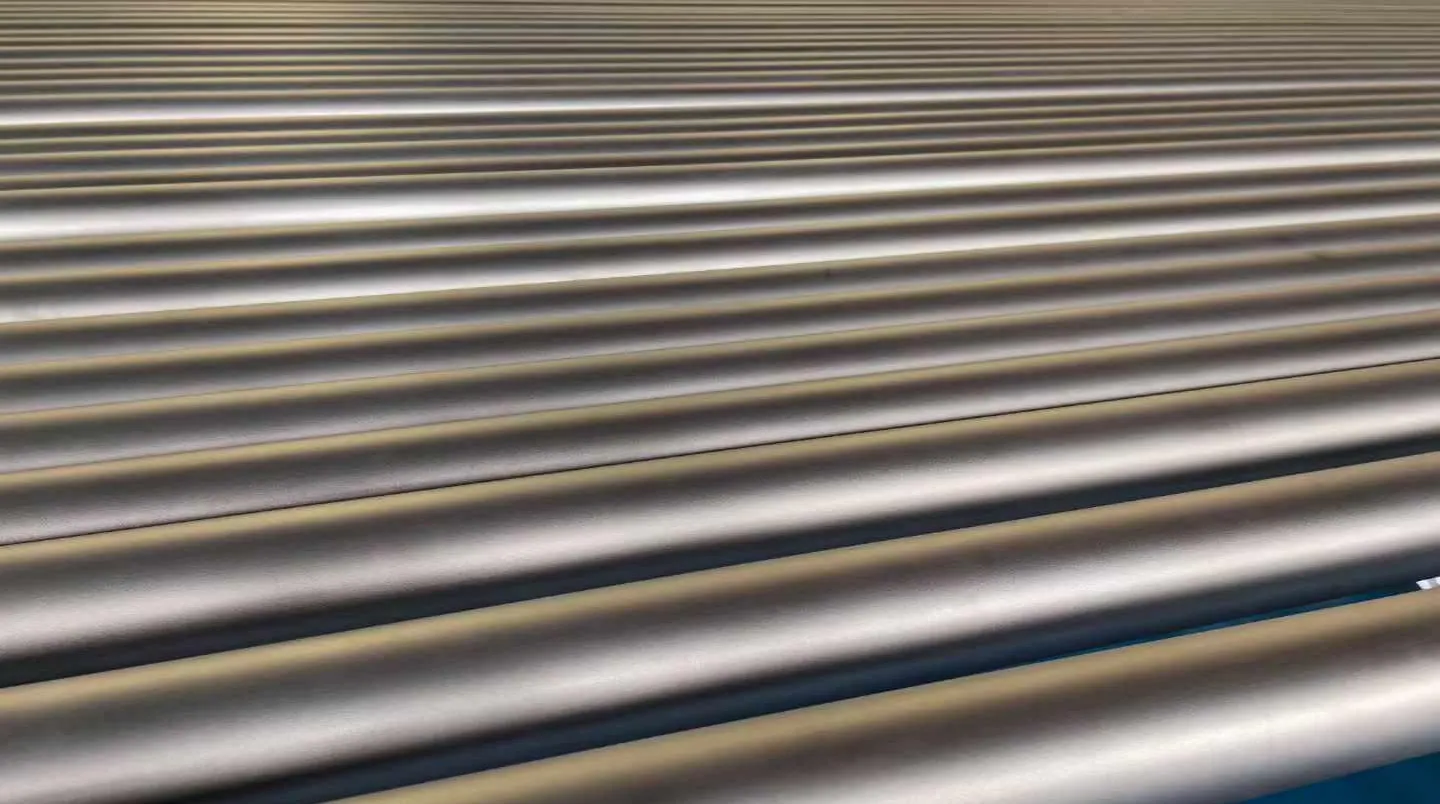Knowing how to choose flange is a critical skill for any piping professional.Selecting the correct flange ensures safe and reliable connections for stainless steel pipes and stainless steel pipe fittings,while incorrect selection may lead to system failures.We will analyze the core selection factors to help you make informed decisions for your project.
What is A Flange
Flanges are a connection method used to join pipes, valves,and other equipment.They form a secure and reliable sealing structure,finding extensive application across numerous industries.This connection method is both safe and dependable, while also facilitating easy disassembly.Flanges are made of a variety of materials selected for their strength and anti-corrosion properties.
How To Choose Flange
Selecting a flange is a process of matching. You must match the flange to your specific application. Several factors must be considered carefully. These factors include material, type, size, and pressure rating. The right combination ensures system safety and longevity.
What We Do
- Plate
- Sheet
- Forgings
- Round Bar
- Flange
- Pipes
- Fittings
- Customized
Contact Us For More Information
How To Choose Flange : Selection Criteria
Materials must possess resistance to environmental corrosion. For highly corrosive acidic media, titanium flanges or Hastelloy may be required. For less demanding conditions, 304 steel or 316L steel is an ideal choice.
Flange types depend on the connection method. Weld neck flanges are suitable for high-pressure environments. Slip-on flanges facilitate alignment. Blind flanges are used for sealing pipe ends.
Accurate sizing is critical. Flange dimensions are based on the nominal pipe size (NPS), while thickness is determined by the pressure rating.
Pressure ratings define the working pressure. Higher pressures require thicker flanges.For example,a Class 2500 flange is for extreme pressure.A Class 150 flange is for low pressure.
Surface finish affects sealing performance.Smooth surfaces are most suitable for soft gaskets.Concentric serrated surfaces provide superior sealing.Proper surface preparation is critical for achieving effective sealing.Careful consideration must also be given to flange gasket selection.
Common Flange Materials and Their Properties
This chart helps you compare different materials and guides you in selecting the optimal solution. It is the best method for preventing flange rust.
| Material | Key Advantage | Key Disadvantage | Best For |
|---|---|---|---|
| 304 Steel | Corrosion resistance, cost-effective | Susceptible to chlorides | General applications, food & beverage |
| 316L Steel | Excellent chloride resistance | More expensive than 304 | Marine, chemical, and pharmaceutical |
| Titanium | Superior corrosion resistance, lightweight | Very high cost, difficult to machine | Harsh chemicals, saltwater, aerospace |
| Aluminium | Lightweight, good thermal conductivity | Low strength, poor anti-corrosion | Low-pressure systems, aerospace |
How To Choose Flange Types
| Type | Key Advantage | Best For |
|---|---|---|
| Weld Neck Flange | Strong, leak-proof bond. | High pressure, high temperature |
| Slip On Flange | Easy to align and install. | Low pressure, general applications |
| Blind Flange | Seals off a line completely. | Terminating pipe ends or valves |
| Socket Weld Flange | Good for high pressure and smaller sizes. | Small bore piping, chemical processes |
| Threaded Flange | No welding required. | Non-critical, low-pressure applications |
Flange Applications in Piping Systems
- Oil and Gas: The Flange in Oil and Gas industry requires extreme durability. High pressure and corrosive elements are common. Flanges like Weld Neck Flange are used here. This is especially true for subsea systems.
- Chemical Processing: Flanges must resist aggressive acids and chemicals. This is where materials like 316L stainless steel or Titanium Flange are used. They provide excellent resistance. They ensure long-term system integrity.
- Fertilizer Production: Flanges in this field must handle phosphoric acid. Specialized alloys are used. They prevent corrosion and system failure.
- Water Treatment: Flanges for stainless steel pipes in water treatment must be reliable. Spectacle flange or blind flange can be used for maintenance. These flanges allow sections of the pipeline to be isolated.
- HVAC: Flanges for HVAC systems are usually low pressure. Slip On Flange or Threaded Flange are a good fit. They provide a secure connection without a high cost.
Choosing the right flange is essential. The correct material, type, and size ensures your system’s longevity. It prevents costly issues down the road.
Contact Us
- RM901 No.22 Tangjiaqiao Road Wenzhou China
- +86 577 8551 1171
- [email protected]
- https://www.kaysuns.com/



